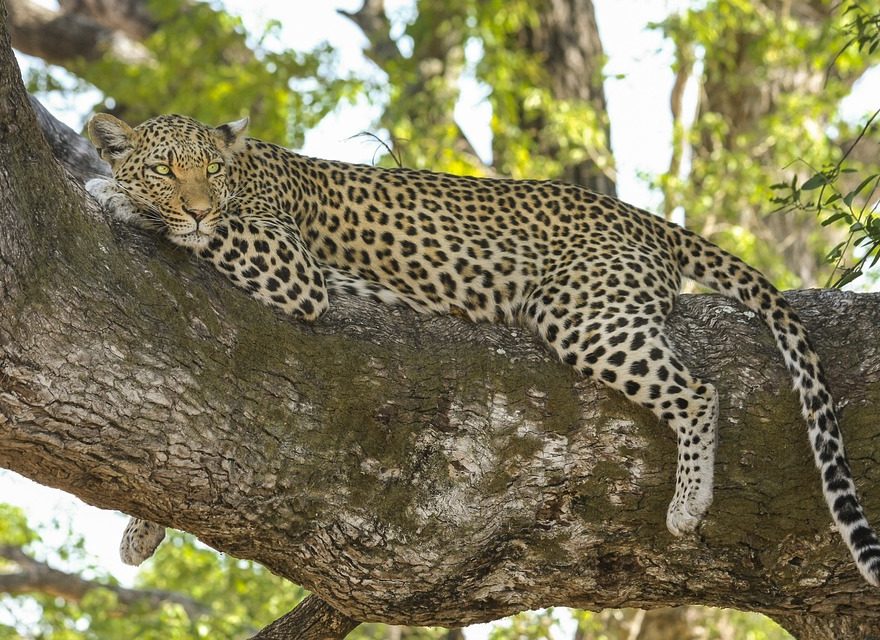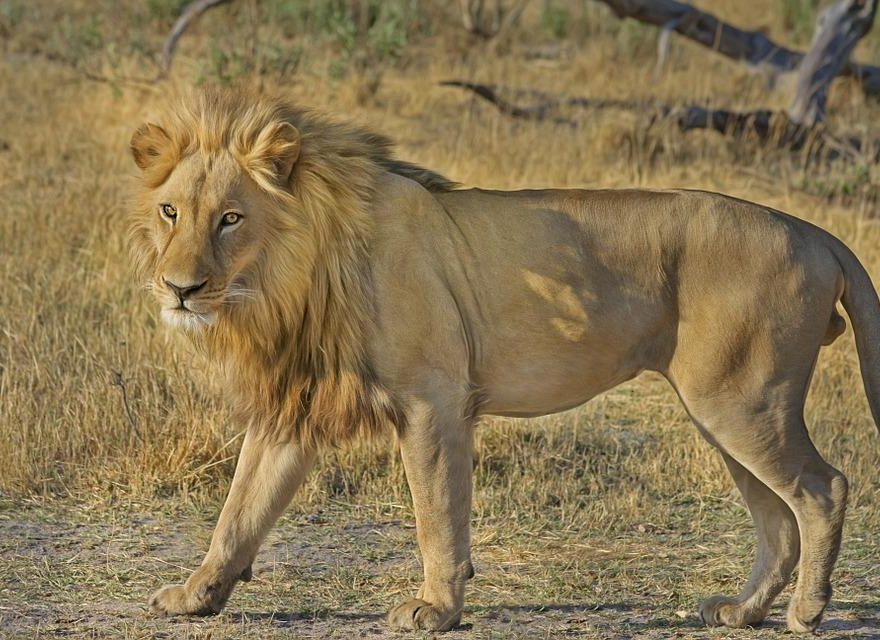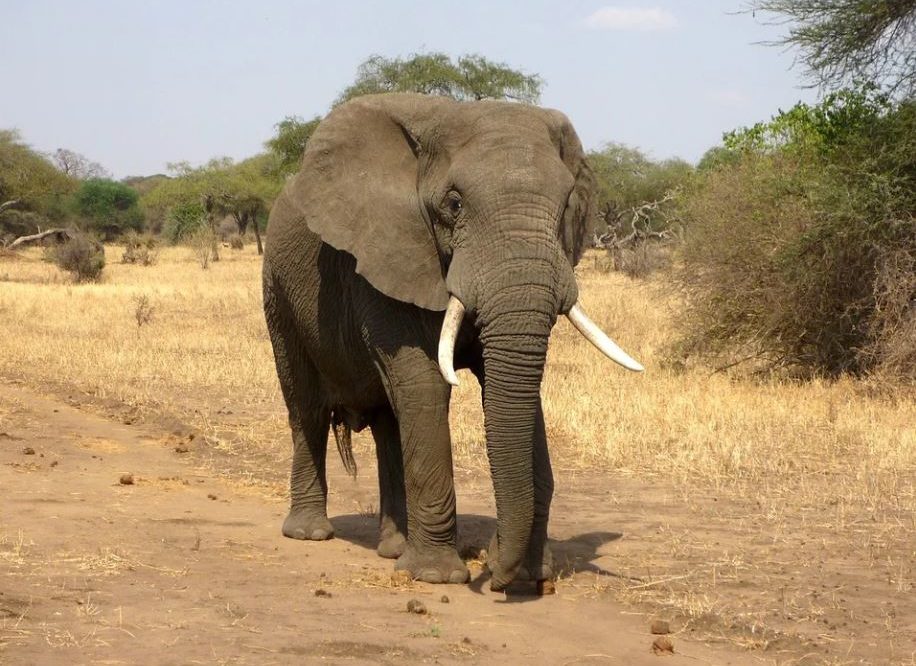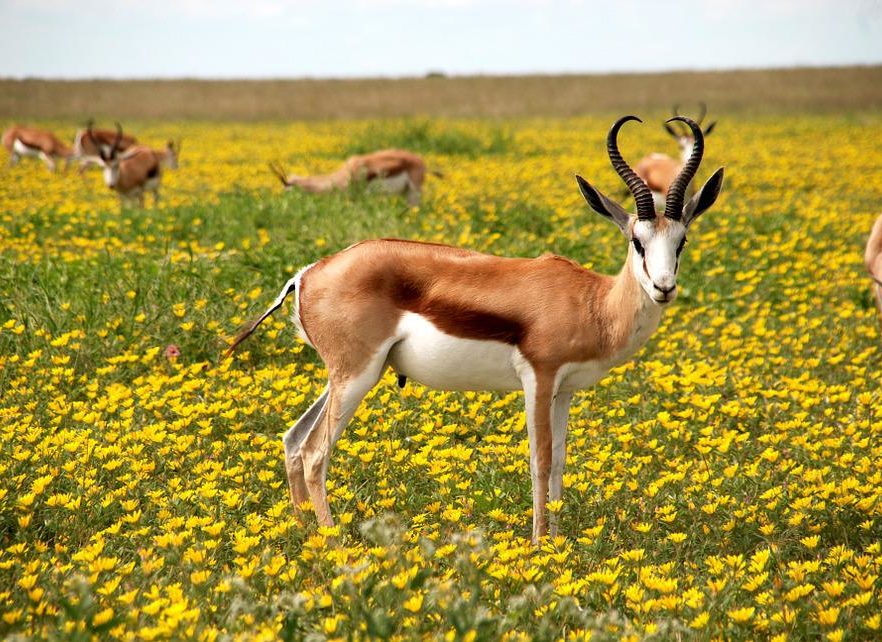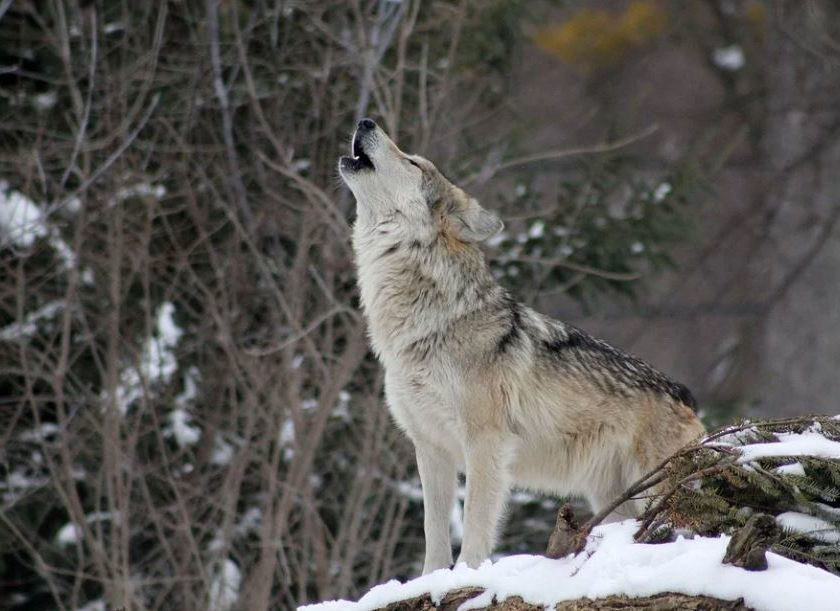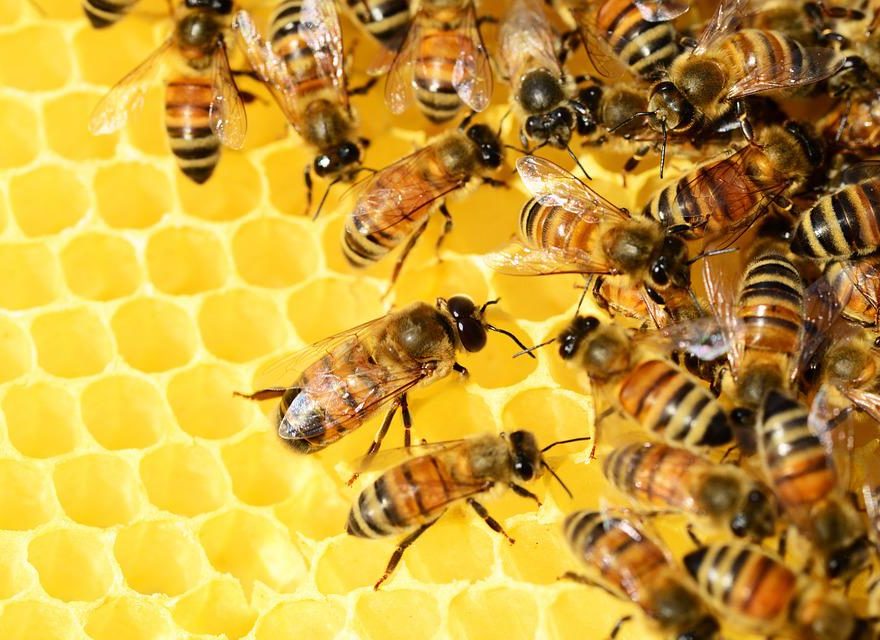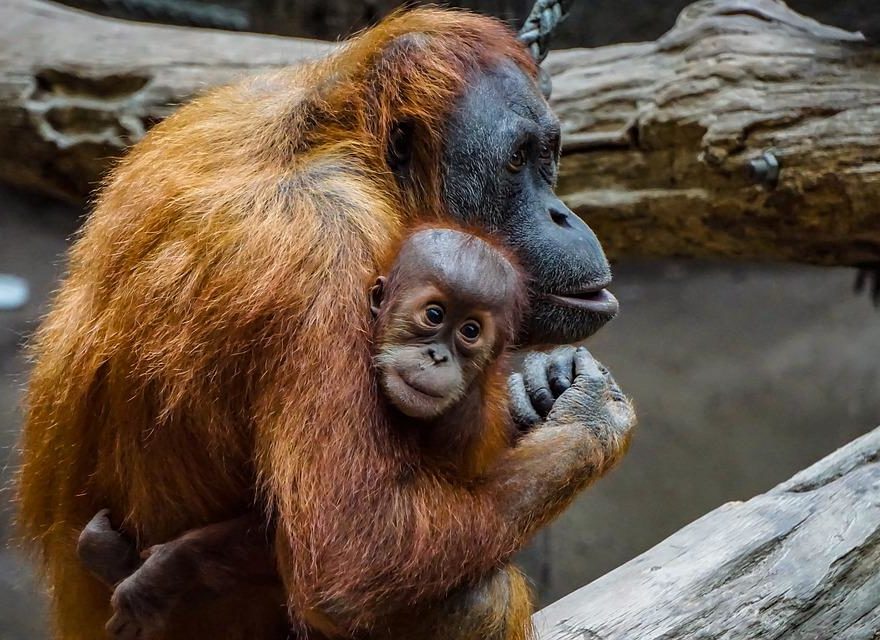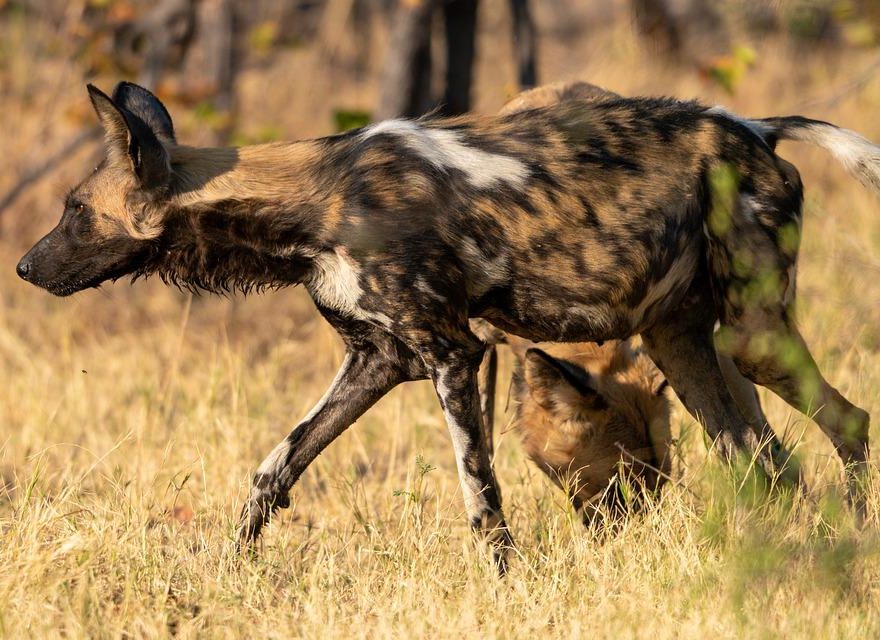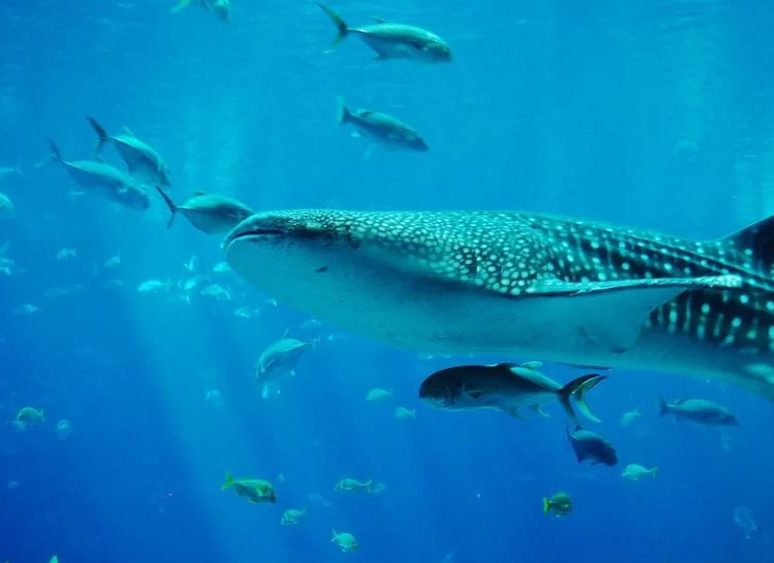The month of August is full of reminders of the amazing creatures that share our common home. We pause to greet our brothers and sisters of the wild.
All things of creation are children of the Father and thus brothers of man. God wants us to help animals if they need help. Every creature in distress has the same right to be protected.” (St. Francis of Assisi)
Every act of cruelty towards any creature is contrary to human dignity. (Laudato Si #92)
Leopard Day – August 4th
With one voice we give praise
The leopard is known for its well-disguised fur and skilled hunting ability. We are told that leopards can adapt to different habitats from the rainforest to the arid mountain. Leopards are famous for their extraordinary speed – up to 36 mph. Fossil excavations indicate that the Leopard dates back 600,000 years.
“Those who have never seen a leopard under favorable conditions in his natural surroundings can have no conception of the grace of movement, and beauty of coloring, of this the most graceful and the most beautiful of all animals in our Indian jungles.” – Jim Corbett
Lion Day – August 10th
Wild beasts and tame O Bless the Lord
The lion plays a crucial role in keeping a healthy balance of numbers among other animals. This in turn influences the health of grasslands and forests. Lions are assisted in their role by their ability to memorize, in detail, their entire territory and by their ability to see in the dark.
Lions spend about 2 to 3 hours hunting, one hour eating and a full 20 hours sleeping every day!
To beat a lion you have to have the heart of a lion. – Keith Thurman
Did you think the lion was sleeping because he didn’t roar? – Friedrich Achiller
Elephant Day – August 12th
The righteous care for the needs of their animals. – Proverbs 12:10
The elephant is the largest existing land animal. The elephant is a skilled communicator, using “trumpet calls” body language, touch and smell… “An elephant never forgets”
Around 90% of African elephants have been wiped out in the past century largely due to the ivory trade.
“Elephants love reunions; they recognize one another after years and years of separation and greet each other with wild boisterous joy.” – Jennifer Richard Jacobson
Elephants, known as jumbos of forest, are vital for the ecosystem and the biodiversity. They are integral to biodiversity.
Hirola Day – August 12th
As the animals and they will teach you Job 12:7
The hirola is a critically endangered antelope species found on the border between Kenya and Somalia. According to a document produced by the International Union for Conservation of Nature “the loss of the Hirola would be the first extinction of a mammalian genus on mainland Africa in modern human history”.
The Hirola usually feeds around sunrise and then again right after sunset. They are social and most of the time live in small groups of 15 – 40 individuals.
Wolf Day – August 13th
In God’s hand is the life of every creature Job 12:10
There are two major species of wolf – the Ethiopian wolf (500 specimens) and the gray wolf (250,000 specimens). Wolves live and hunt in packs. Each wolf’s howl is unique, like fingerprints on humans!
The wolf was threatened by extinction in Europe and in the United States when their prey was reduced and they had to turn to livestock. This is turn led to farmers and hunters exterminating the wolf who was seen as a threat to livelihoods.
“Wolves play a key role in keeping ecosystems healthy. They help keep deer and elk populations in check, which can benefit many other plant and animal species. The carcasses of their prey also help to redistribute nutrients and provide food for other wildlife species, like grizzly bears and scavengers. Scientists are just beginning to fully understand the positive ripple effects that wolves have on ecosystems.”
Honey Bee Day – August 15th
Then sings my soul
We need the honey bee… and the honey bee needs us… We must provide a supportive environment for our bees, our pollinators. They need wildflowers, orchids, flowering plants… The honey bee depends on the nectar of a variety of plants for their survival just as we on honeybees for our survival, too! Without their pollinating abilities, many nutritious plants would cease to produce.
Bees have been here about 30 million years!
Orangutan Day – August 19th
Lift up your voice and with us sing
Orangutan Day is about saving the Orangutan. According to research their population is seriously reduced and threatened by human activity including illegal logging, conversion of forest to palm oil plantations, and clearing of forests for human settlements…
Among the great apes, orangutans are humans’ most distant cousins
Scientists have catalogued some 13 million DNA variations in the orangutans. This valuable resource can help gives important insights into the unique aspects of human DNA.
Orangutans are known as gardeners of the forest. They play an essential role in seed dispersal and in maintaining the health of the forest ecosystem, which is important for people and animals. So by conserving the orangutan’s habitat, we’re also benefiting local communities and other species.
Africa Wild Dog Day – August 26th
The Lord God made them all
The wild dog is one of the world’s most endangered mammals
The largest populations remain in southern Africa and the southern part of East Africa (especially Tanzania and northern Mozambique).
Wild dogs are social and gather in packs of around ten individuals, but some packs number more than 40. They are opportunistic predators that hunt medium-sized ruminants, such as gazelles. In a sprint, African wild dogs can reach speeds of more than 44 miles per hour.
Wild dogs require large, ecologically diverse areas to survive. Species, like wild dogs, may have a significant impact on the structure and function of ecosystems. One of Africa’s most famous predators, it is thought that wild dogs may be instrumental in regulating prey species that in turn assist in sustaining vegetation communities. It is believed that we need to secure a future for wild dog in order to protect biodiversity and the ecosystem
Whale Shark Day – August 30th
Creatures of the sea O bless the Lord
The biggest fish in the ocean is the Whale Shark but despite their tremendous size and intimidating appearance, whale sharks are commonly docile and approachable. The are sometimes referred to as the “gentle giants” of the ocean.
Because of their vast size, whale sharks play a major role in maintaining the health of marine ecosystems and what they do on a day-to-day basis can have far-reaching effects.
Whale Sharks are listed as Endangered, In the last 75 years, whale shark populations have declined by an estimated 63%. International Whale Shark Day is used to highlight their wonder, their role in keeping our ocean ecosystems healthy and balanced – and the threats they face, so that we can collectively work to make sure we do not lose these disappearing giants.
Protect the Whale Shark:
- Choose sustainably fished seafood.
- Supporting governmental policies that protect sharks
- Choose tourism operators who work with their tourists to protect the environment.
Because of us thousands of species will no longer give glory to God by their very existence, nor convey their message to us. We have no such right. Laudato Si #33
Then I heard the living things in creation – everything that lives in the air and on the ground, and under the ground, and in the sea, crying, ‘To the One who is sitting on the throne and to the Lamb, be all praise, honour, glory and power, for ever and ever. Revelation 5: 11-14
Communications

